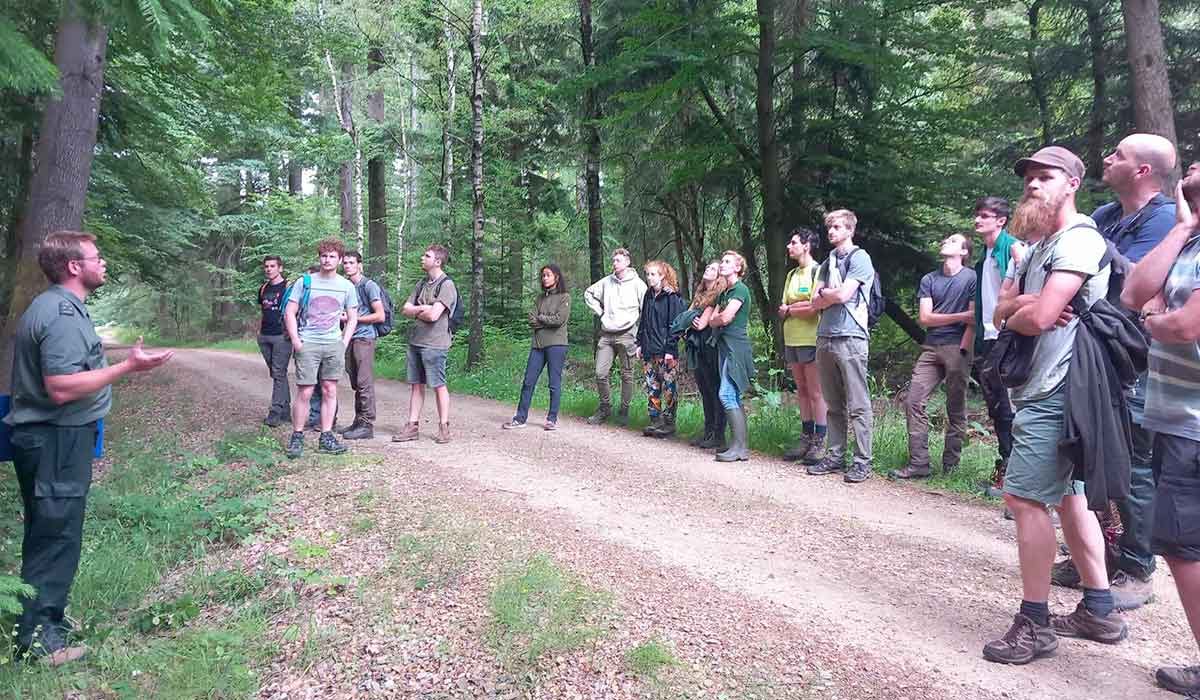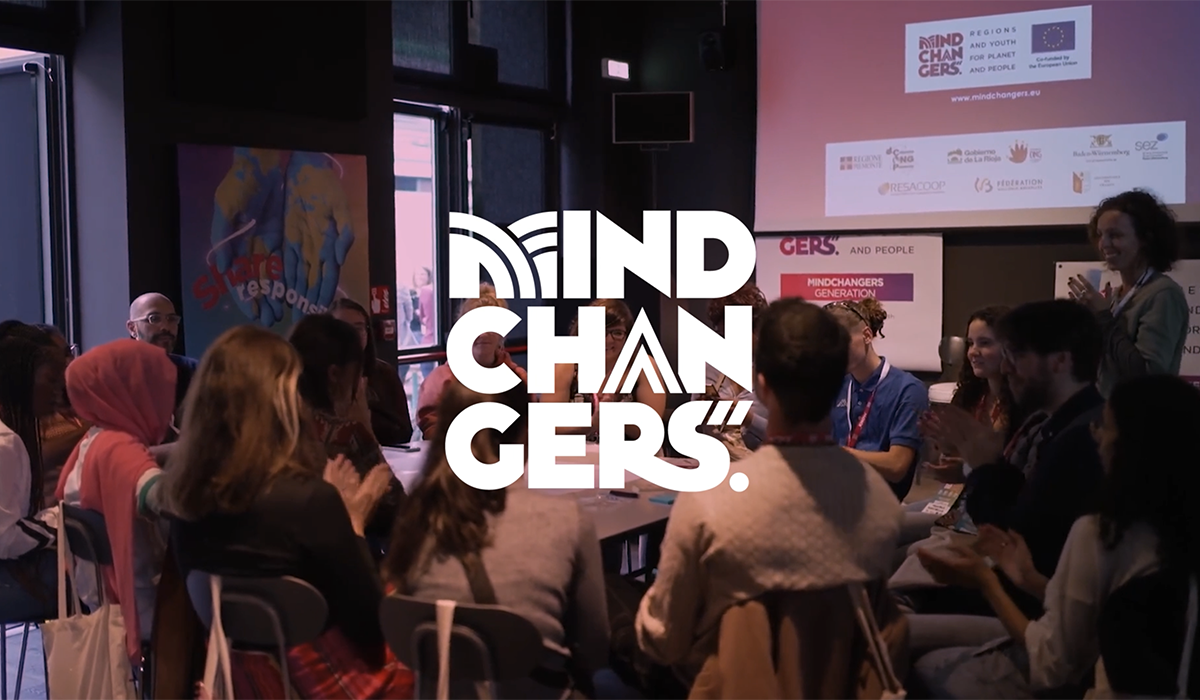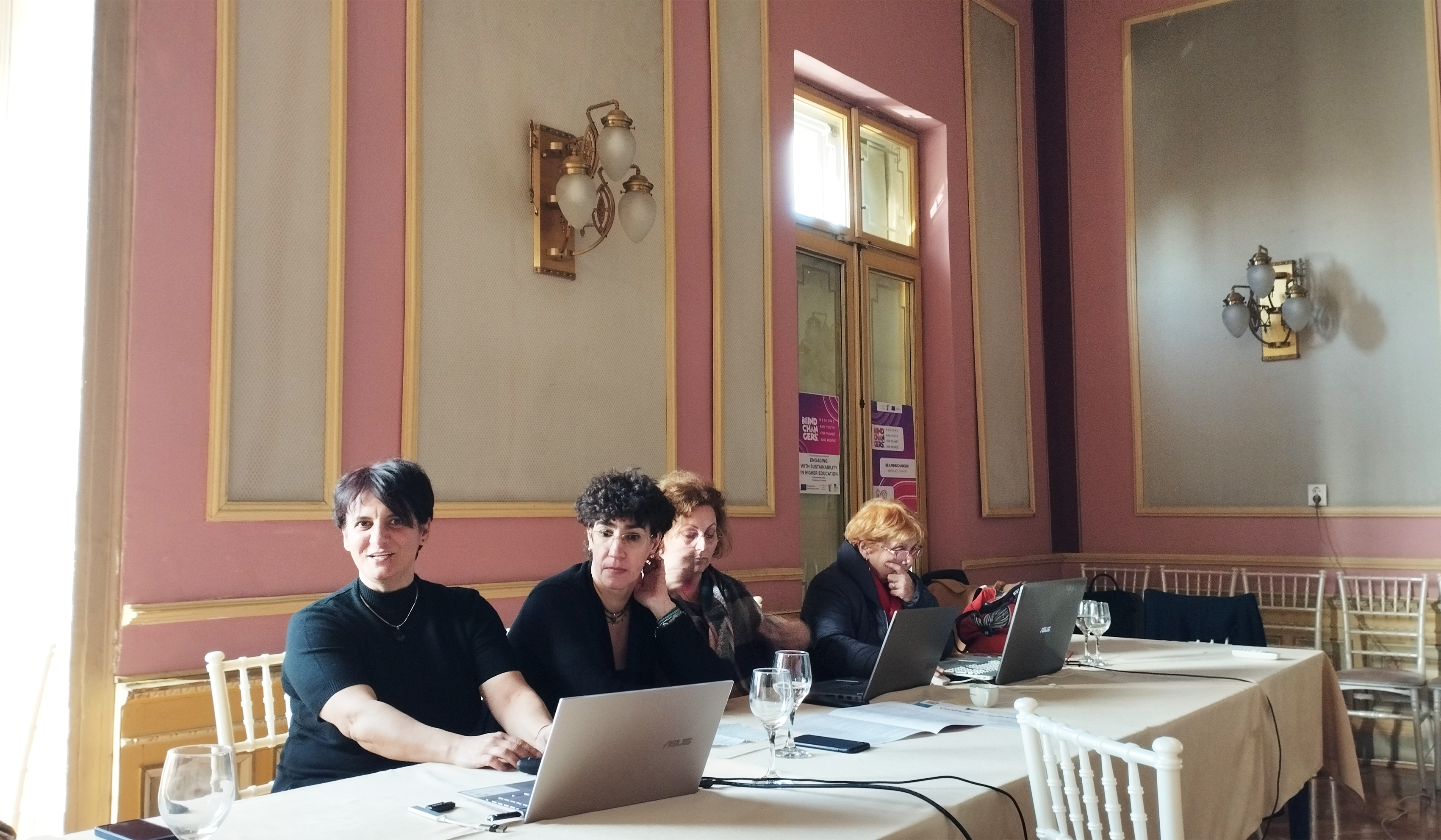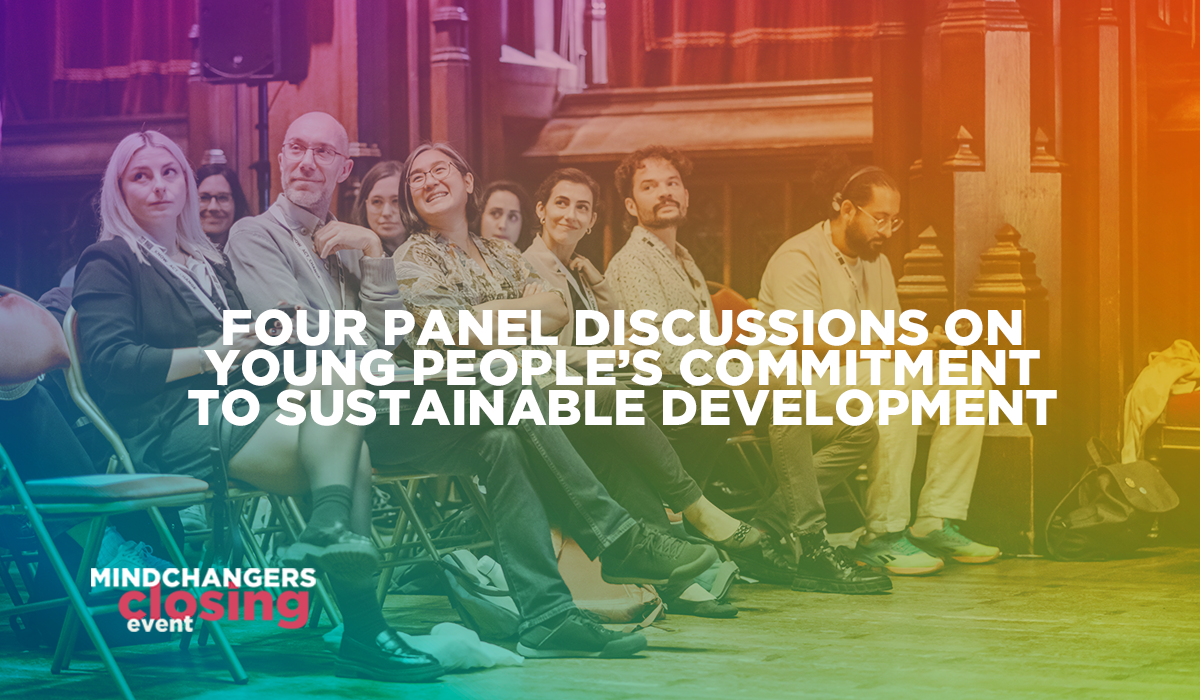Last June, as part of its “Trainee for Change” project, Forêt.Nature organised a week of training for forestry students and young professionals in collaboration with Parc naturel des Sources. Trainee for Change aims to show forestry students that ensuring a more resilient forest through a different approach to forest management is possible, although it requires a long-term commitment during their studies and then their careers. With this project, students are also made aware of their important role in raising public awareness.
From 26 to 30 June, 45 students and recent alumni took part in the very first edition of Trainee for Change: a week of free residential training in the Parc naturel des Sources, a nature park in Belgium’s High Ardennes, to discover the benefits of mixed continuous cover forestry and share their passion for the forest.
The mixed continuous cover forestry
The mixed continuous cover forestry draws on the natural dynamics of forest ecosystems by guiding them to sustainably preserve a forest that is capable of providing a diversity of profitable ecosystem services such as producing wood, preserving biodiversity, protecting soil and wetland, filtering water, storing carbon, ensuring public access.
The success of this training’s first edition reflects the youths’ interest in mixed continuous cover forestry and its numerous benefits in terms of resilience in the face of ongoing climate changes.
The training week
Trainee for Change organised an intensive 5-day training course in the forest involving meetings with a wide range of relevant stakeholders. The aim was to open the participants’ minds and stimulate their critical thinking so that they can in turn become agents of change in forest management. Why is that important? It has become critical to adapt to the challenges of climate change using the mixed continuous cover forestry as a toolbox.
During these 5 days, the training allowed participants to:
- benefit from introductory sessions in mixed forestry with continuous cover,
- meet a range of key forestry players and discuss their roles and actions,
- reflect collectively on the global issues that forests and nature are facing,
- draw up a professional commitment charter.
The Charter of Professional Commitment
Collective intelligence exercises (reflections on the vision of the forest, role-playing games, etc.) were organised throughout the week, culminating, at the end of the training, in a charter of professional commitment signed by all the participants. The final version of the charter is made up of both a common base and more personal commitments added by each participant.






